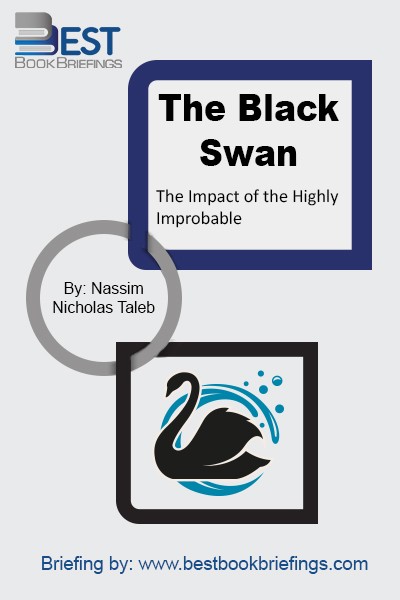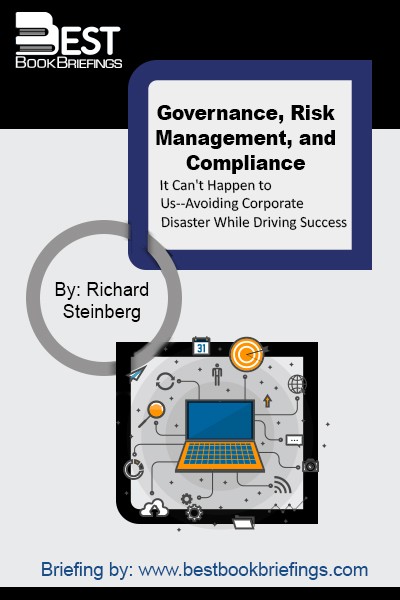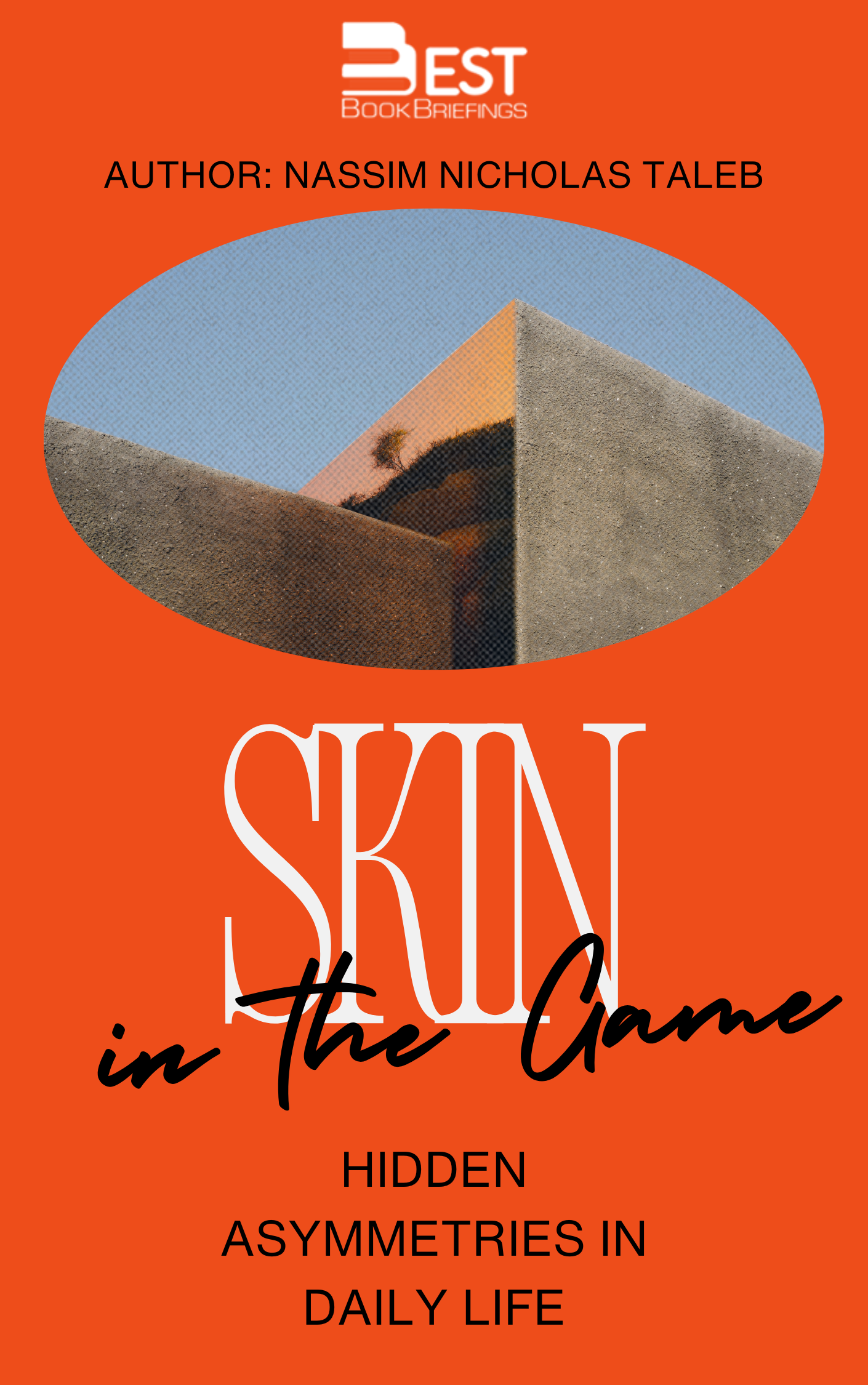Skin in the Game
Hidden Asymmetries in Daily Life
Editorial Review
The phrase “skin in the game” is one we have often heard but rarely stopped to dissect truly. It is the backbone of risk management, and it’s also an astonishingly rich worldview that, as Taleb shows in this book, applies to all aspects of our lives. In his most provocative and practical book yet ,one of the foremost thinkers of our time redefines what it means to understand the world, succeed in a profession, contribute to a fair and just society, detect nonsense, and influence others. He shows how the willingness to accept one’s own risks is an essential attribute of heroes, saints, and flourishing people from all walks of life.
Book Reviews
Books on Related Topics

A black swan is a highly improbable event with three principal characteristics: It is unpredictable; it carries a massive impact; and, after the fact, we concoct an explanation that makes it appear less random, and more predictable, than it was. The astonishing success of Google was a black swan; so was 9/11.

Any chief executive whose ship is sinking, with the lights dimming and music fading, is likely to ask, “How did this happen? How did I allow myself and my company to end up like this?” Directors of once great companies also find themselves asking similar questions. “Did I and my fellow

Wind extinguishes a candle and energizes fire Likewise with randomness, uncertainty, chaos: you want to use them, not hide from them. You want to be the fire and wish for the wind. This summarizes the author’s nonmeek attitude to randomness and uncertainty. We just don’t want to just survive uncertainty, or to



